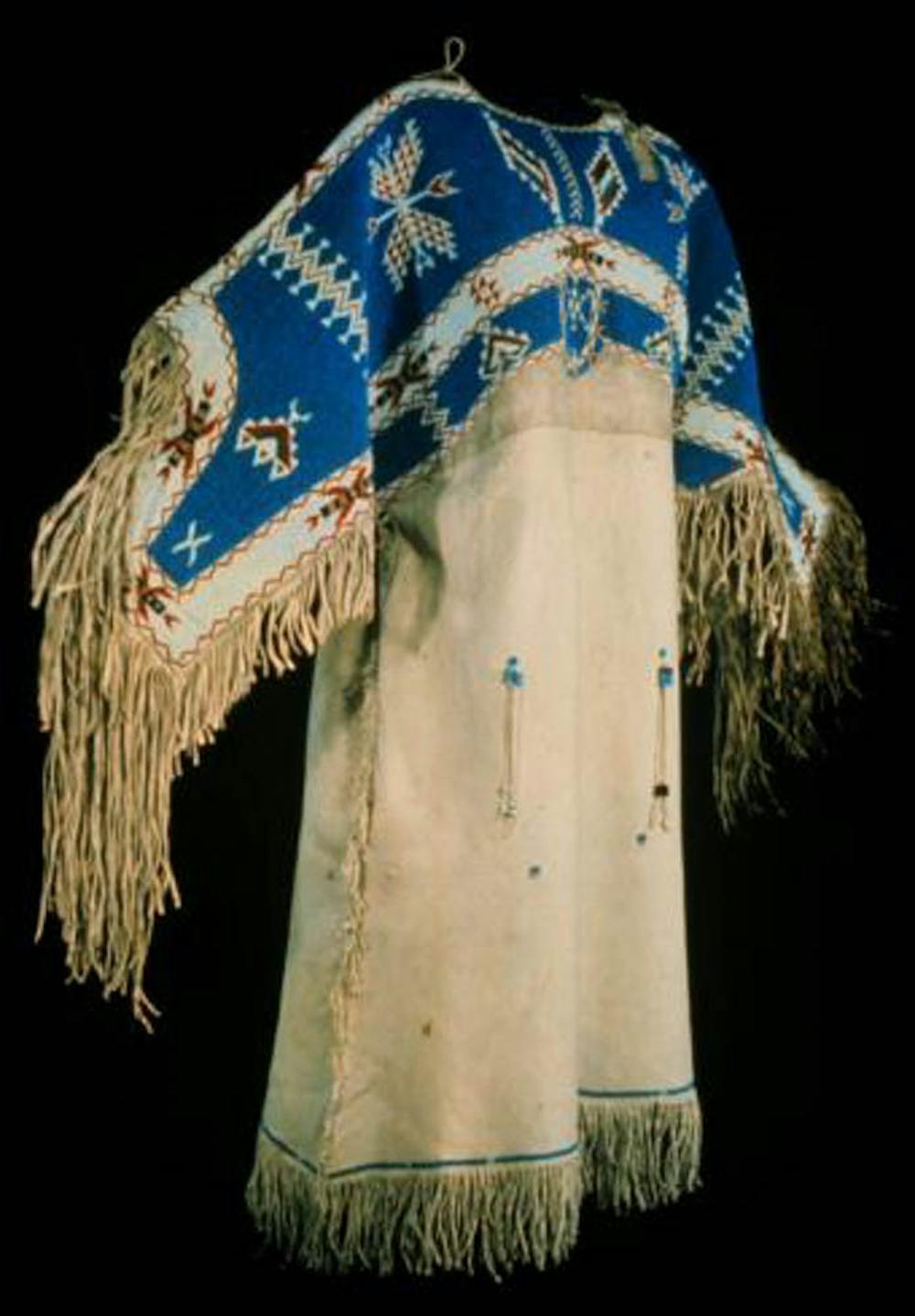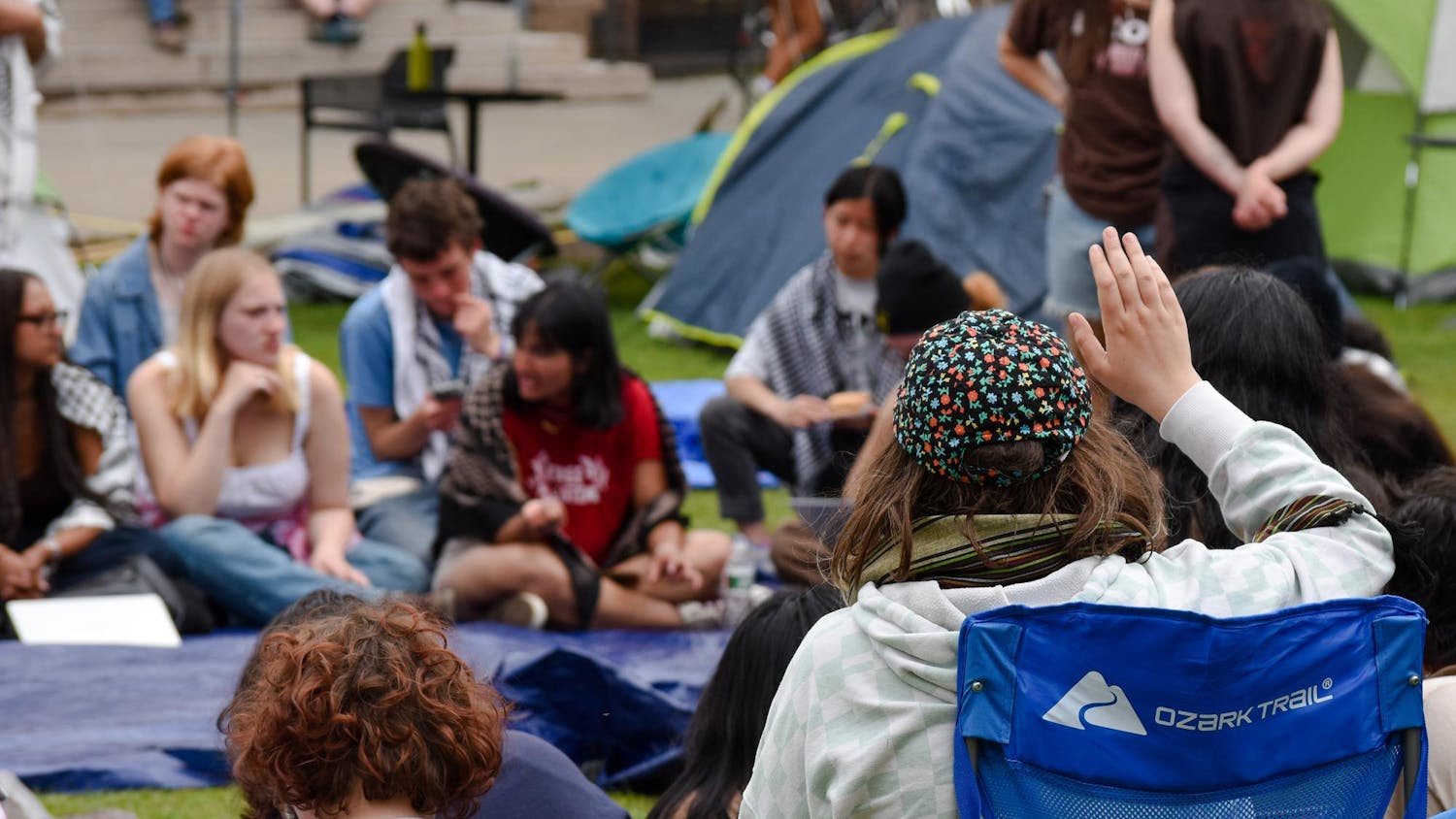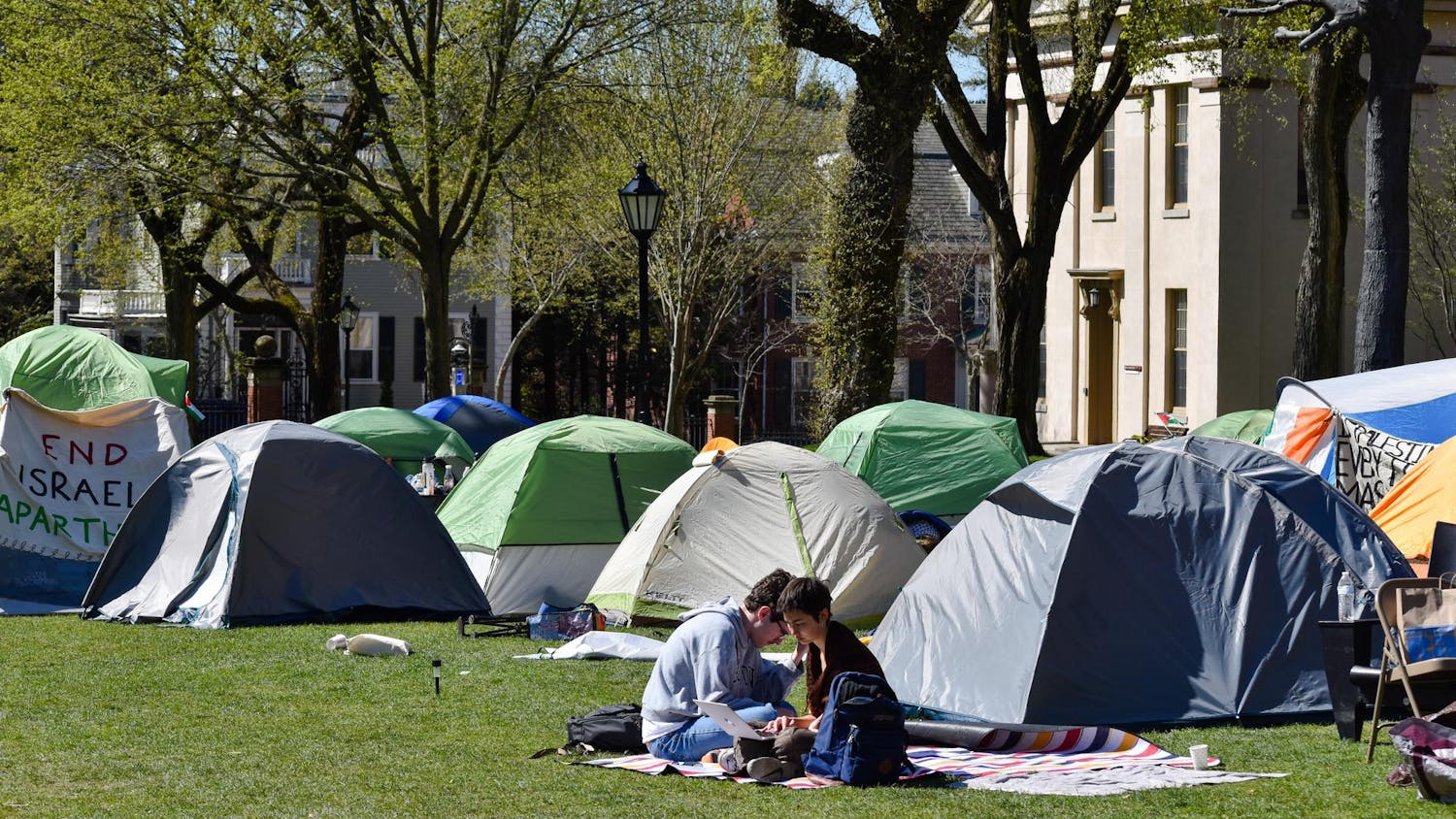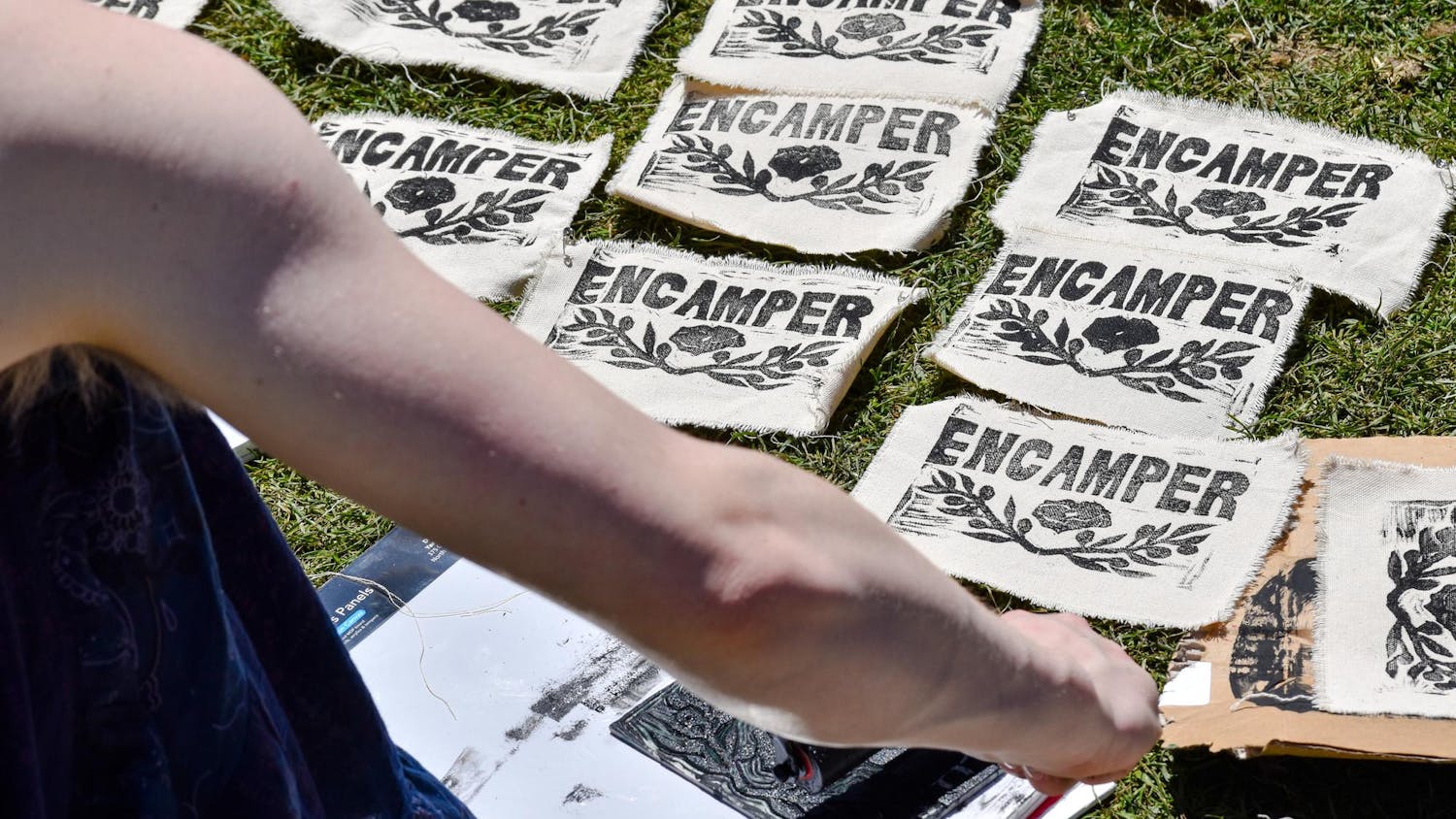The Andrew W. Mellon Foundation recently granted the Haffenreffer Museum of Anthropology $500,000 to “rehouse, conserve and photograph our Native American and Indigenous collections,” according to Robert Preucel, director of the Haffenreffer Museum and professor of anthropology.
The grant is a “reflection of the significant turn the foundation took years ago to promote diversity throughout all its programs,” said Joseph Meisel, deputy provost and adjunct associate professor of history, who previously worked at the Mellon Foundation. It demonstrates the Foundation’s large effort “to support Native American collections throughout the country . . . from the Field Museum in New York to more local institutions,” Meisel said.
Rudolf Haffenreffer, “a collector of Native American artifacts,” and his family donated the core collection that is the “basis for the museum” and the land for the museum in 1955, Preucel said.
This collection is “large in (the) context of Native America,” Preucel said. Meisel added the collection is “very strong in Native American artifact and material culture.”
However, many faculty members and students are unaware of the extent of the collection. “Nobody knows what we have,” Preucel noted. In order to combat this issue, the museum has launched its online catalogue to allow the public to easily search for different objects in the collection.
Emily Jackson, operations and communications coordinator for the Haffenreffer Museum, explained that the “permanent collection numbers over 150,000 ethnographic and archaeological objects from all over the world … from modern African paintings to ancient European neolithic tools.” While the entire collection is not yet on the online catalogue, there are “about 2,000 objects on the catalogue and (we) are updating very often with new objects and images,” Jackson noted.
“Our mission has always been to connect with Brown students, Brown community and also the local community in Rhode Island and globally,” Jackson said.
Jackson explained that this database builds on the already established CultureLab, in which the museum offers objects from the collection that professors can use in classes and students can access through “one-on-one, hands-on presentation of material culture.”
The new database was launched with the hope that it “breaks down barriers” and broadens students’ ability to use the collections, Jackson said.
However, Jackson said there are “definitely places where we can grow.” The museum is interested in fostering “interdepartmental connections” and “not just working with the archaeology or anthropology students, typically the most obvious fit.”
While the recent Mellon grant didn’t pay for this database, it will help “populate this database,” Preucel noted. Overall the grant will “help to make this database even more useful.”





